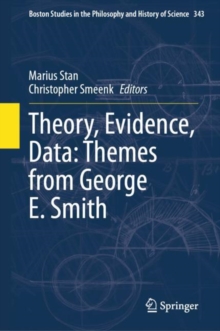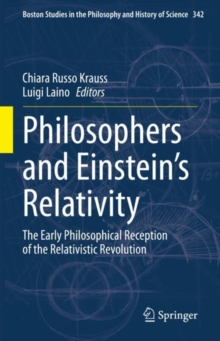
The Form of Information in Science : Analysis of an Immunology Sublanguage PDF
by Z. Harris, Michael Gottfried, Thomas Ryckman, Anne Daladier, Paul Mattick
Part of the Boston Studies in the Philosophy and History of Science series
Description
DOES DISCOURSE HAVE A 'STRUCTURE'? HARRIS'S REVOLUTION IN LINGUISTICS As a freshman back in 1947 I discovered that within the various academic divisions and subdivisions of the University of Pennsylvania there existed a something (it was not a Department, but a piece of the Anthropology Department) called 'Linguistic Analysis'.
I was an untalented but enthusiastic student of Greek and a slightly more talented student of German, as well as the son of a translator, so the idea of 'Linguistic Analysis' attracted me, sight unseen, and I signed up for a course.
It turned out that 'Linguistic Analysis' was essentially a graduate program - I and another undergraduate called Noam Chomsky were the only two undergraduates who took courses in Linguistic Analysis - and also that it was essentially a one-man show: a professor named Zellig Harris taught all the courses with the aid of graduate Teaching Fellows (and possibly - I am not sure - one Assistant Professor).
The technicalities of Linguistic Analysis were formidable, and I never did master them all.
But the powerful intellect and personality of Zellig Harris drew me like a lodestone, and, although I majored in Philosophy, I took every course there was to take in Linguistic Analysis from then until my gradua- tion.
What 'Linguistics' was like before Zellig Harris is something not many people care to remember today.
Information
-
Download - Immediately Available
- Format:PDF
- Publisher:Springer Netherlands
- Publication Date:06/12/2012
- Category:
- ISBN:9789400928374
Information
-
Download - Immediately Available
- Format:PDF
- Publisher:Springer Netherlands
- Publication Date:06/12/2012
- Category:
- ISBN:9789400928374










